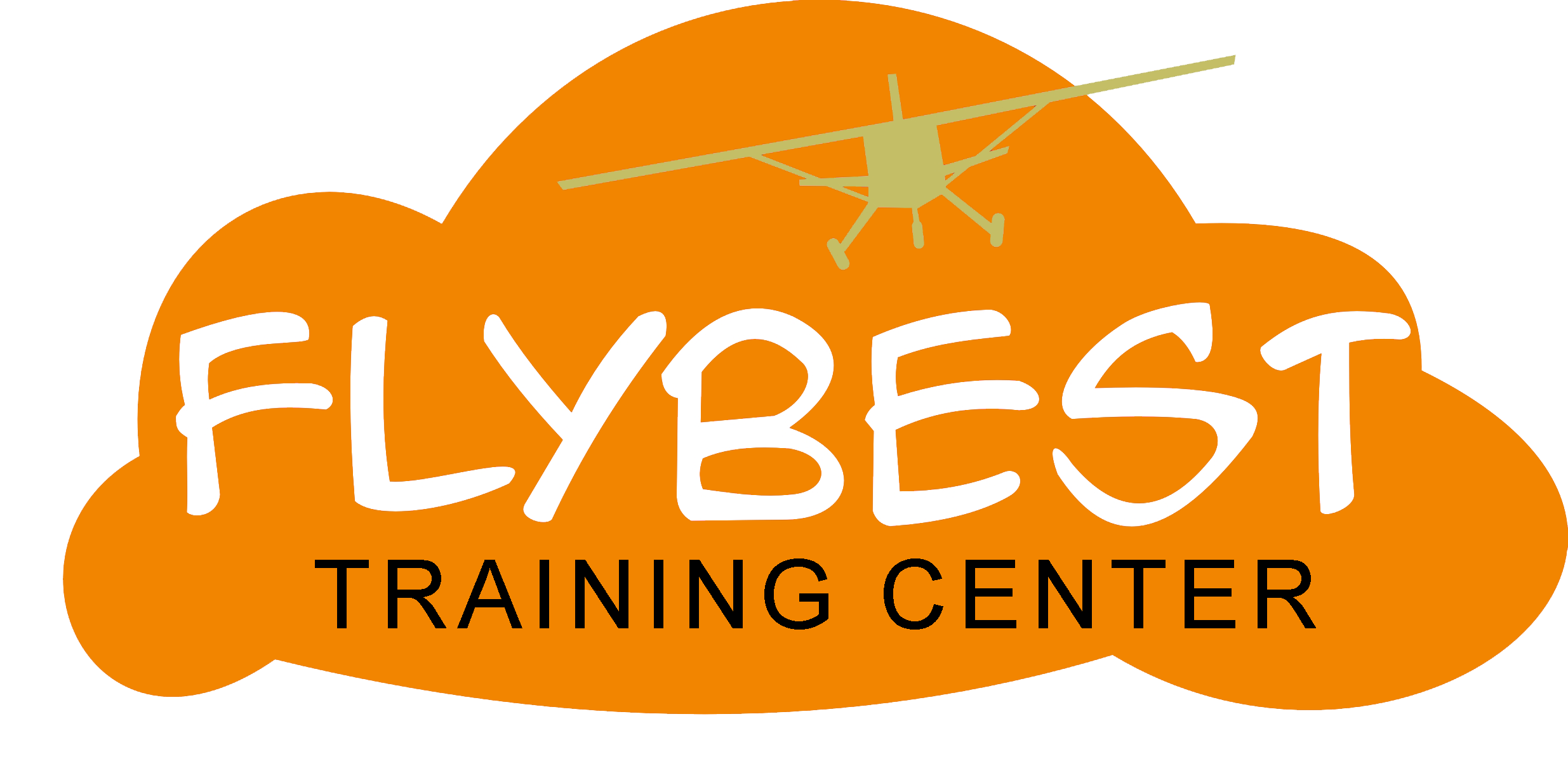
MANDATORY TRAINING
Mandatory class encompass a wide range of critical subjects to ensure the safety and proficiencyof pilots.
These classes aim to equip pilots with the knowledge and skills necessary to operate aircraft safely and efficiently in diverse conditions.
ALAR (Approach and Landing Accident Reduction)
Approach and Landing Accident Reduction (ALAR) is a safety initiative in aviation aimed at minimizing accidents during the critical phases of landing. The ALAR training typically covers strategies to enhance situational awareness, crew communication, and decision making during approach and landing.
CFIT (Controlled Flight Into Terrain)
CFIT training is a crucial component of pilot education to reduce the risk of accidents caused by unintentional collisions with terrain. It aims to enhance pilot skills, decision making processes, and overall awareness of the potential dangers associated with controlled flght imto terrain.
EGPWS ( Enhanced Ground Proximity Warning System)
The goal of EGPWS training is to equip pilots with the knowledge and skills needed to maximize the effectiveness of this safety system, ultimately enhancing situational awarenessand and reducing the risk of Controlled Flight Into Terrsin (CFIT) accidents.
RVSM (Reduced Vertical Separation Minimum)
RVSM training is critical for operators flying at higher altitudes where reduced vertical separation enhances airspace capacity. It contributes to the safety and efficiency of air travel by allowing aircraft to operate at closer vertical distances, optimizing airspace utilization.
PBN (Performance Based Navigation)
Performance Based Navigation (PBN) is essentials for pilots to leverage advanced navigation capabilities, optimize routes, and enhance overall airspace efficiency.
It contributes to more precise and flexible navigation, reducing reliance on ground based navigation aids and opening up possibilities for more direct and fuel-efficient flight paths.
TCAS (Traffic Collision Avoidance System)
TCAS training is vital for pilots to enhance situational awareness and promote safe flying by providing timely information and guidance to avoid potential collisions in congested airspace.
Windshear
A windshear course provides aviation professionals with essential knowledge and skills to recognize, understand, and respond effectively to windshear phenomena.
UPRT (Upset Preventation and Recovery Training)
A UPRT (Upset Preventation and Recovery Training) course focuses on equipping pilots with the knowledges needed to prevent and recover from aircraft upsets. The class covers the recognition of unusual attitudes, contributing factors to upsets, and emphasizes proper recovery techniques.
CRM (Crew Resource Management)
A CRM (Crew Resource Management) course is designed to train flight crews in effective communication, teamwork, and decision-making. It emphasizes skills that enhance safety and efficiency in the cockpit, addressing factors like leadership, situational awareness, and error management.
SMS (Safety Management System)
A SMS (Safety Management System) course educates aviation professionals on establishing and maintaining robust safety protocols. The course emphasizes a systematic and continuous improvement approach to ensure a high level of safety standards.
WANT TO KNOW MORE?

